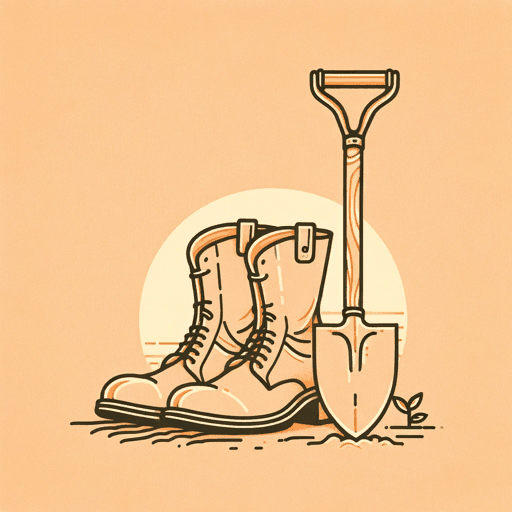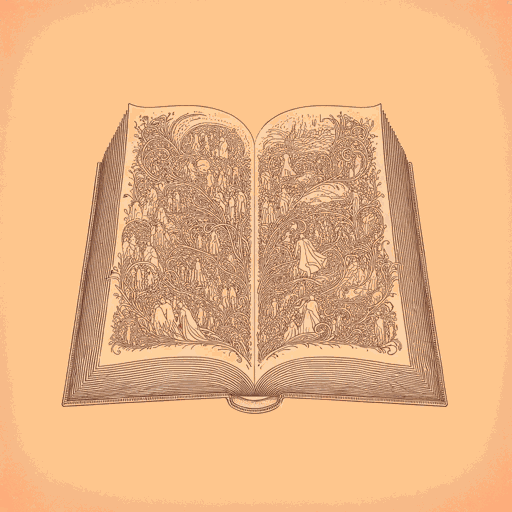89 pages • 2 hours read
Leo TolstoyWar and Peace
Fiction | Novel | Adult | Published in 1867A modern alternative to SparkNotes and CliffsNotes, SuperSummary offers high-quality Study Guides with detailed chapter summaries and analysis of major themes, characters, and more.
Book 4, Part 2Chapter Summaries & Analyses
Chapters 1-10 Summary
History creates heroes, the narrator suggests, because events influence the actions of those living through them. Random happenstance and chance encounters dictate the course of history far more than the will or the ambition of a single person. For example, a Russian soldier prompts the battle at Tarutino when he happens across the French encampment while hunting rabbits. Neither Kutuzov nor Napoleon instigates this important battle.
Before Tarutino, the French have twice as many men as the Russians, as well as all the wealth and supplies that they looted from the evacuated Moscow. However, the French do not attack the Russians, despite their many advantages, nor do they try to find winter supplies. The narrator believes that these decisions show the French do the most damage to themselves. For all Napoleon’s genius, he cannot overcome the random, inevitable course of history.
After being defeated at Tarutino, Napoleon leaves a small force in Moscow and moves the rest of the army out—all of Napoleon’s efforts to restore order in Moscow have failed. The maneuver becomes complicated as the entire French army flees the city, laden with ransacked treasure. Even Napoleon has a large collection of loot. The army passes out of Moscow and into the Russian countryside.
Related Titles
By Leo Tolstoy

A Confession
Leo Tolstoy

Anna Karenina
Leo Tolstoy

God Sees the Truth, but Waits
Leo Tolstoy

Hadji Murat
Leo Tolstoy

How Much Land Does a Man Need
Leo Tolstoy

Master and Man
Leo Tolstoy

The Cossacks
Leo Tolstoy

The Death of Ivan Ilyich
Leo Tolstoy

The Kreutzer Sonata
Leo Tolstoy

What Men Live By
Leo Tolstoy
Featured Collections
Books About Leadership
View Collection
Books Made into Movies
View Collection
European History
View Collection
Historical Fiction
View Collection
Marriage
View Collection
Memorial Day Reads
View Collection
Military Reads
View Collection
Order & Chaos
View Collection
Philosophy, Logic, & Ethics
View Collection
Realism
View Collection
School Book List Titles
View Collection
War
View Collection

